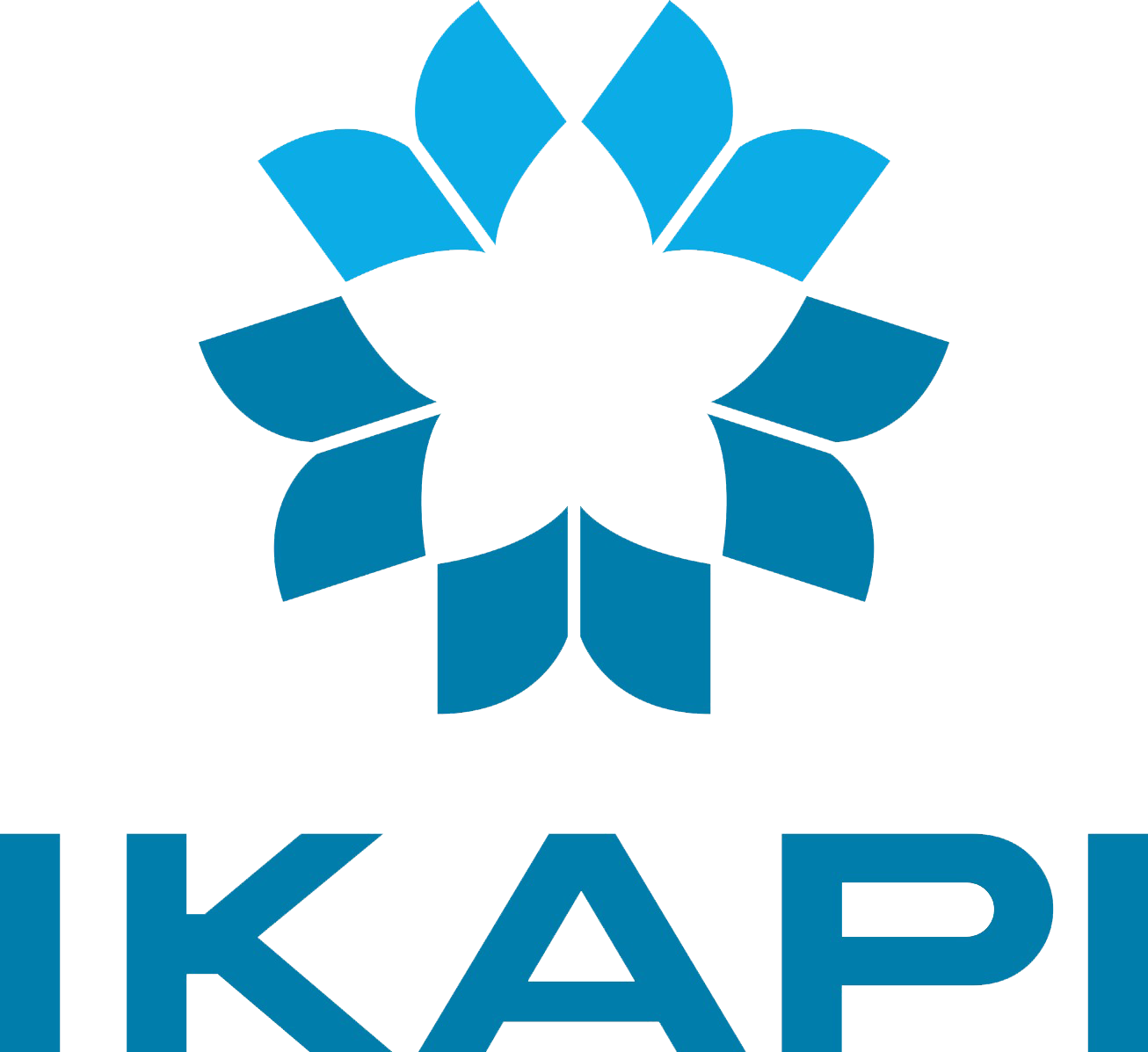Nano Learning in Education: Concept and Best Practice
Keywords:
Nano Learning, Digital and Online Education, Professional Training and AI IntegrationAbstract
Nano-learning is an essential term for educators and learners to understand the learning characteristics of today’s rapid information and communication technology change. It is just like a shifting paradigm for teachers to deeply know students’ learning styles and preferences in the current context and for learners to see an alternative way of learning to strengthen their knowledge. This book is fundamental as the introduction to Nano Learning, and it details the significant benefits of Nano Learning, particularly its ability to engage youngsters or digital natives who are passionate about interactive content, short display of knowledge and science, as well as attractive audio-visual resources. Moreover, this is about flexibility that accommodates diverse learning styles, making it a versatile tool in educational and professional contexts.
In corporate and professional training, Nano Learning is an effective tool for compliance, skill development, and workplace training. By delivering goal-oriented, succinct modules, organizations can foster continuous professional growth. Additionally, its role in online education is explored, emphasizing course design best practices such as structuring content effectively, utilizing multimedia, and maintaining learner engagement. The book also discusses methods to measure success in digital learning environments.
While Nano Learning offers numerous benefits, the book addresses challenges such as resistance to shorter learning methods and concerns about content depth. Strategies for ensuring quality and overcoming these hurdles are proposed, emphasizing the importance of maintaining educational standards while delivering concise lessons. Finally, the book includes chapters on assessment and feedback, offering insights into micro-assessments and their role in evaluating learning outcomes. Real-world case studies demonstrate successful implementations in teaching, EdTech startups, and developing countries, showcasing the versatility of Nano Learning. The concluding chapters explore future trends, including AI integration and the expansion of Nano Learning into non-traditional fields. Recommendations for educators and institutions provide strategic approaches to adopt this methodology effectively.
It is a valuable resource for educators, institutions, and professionals seeking to harness the potential of Nano Learning in a rapidly evolving educational landscape.
Downloads

Downloads
Published
How to Cite
Issue
Section
License
Copyright (c) 2025 Edi Sukmojati, Rendi Dwi Putra, Arni Nazira, Silvia Umrotun Nafiah, Meridian Saturnus, Ni Luh Putu Meka Dewi, Hengki Kris Sanjaya, Ilma Zahriyatun Nadhiroh, Khoirunnisa Candra Prastiti, Siti Mariyam, Wanda Hamida, Muhammad Haikal Attabik, Ricky Sriyanda, Hoirul Ummah, Soni Ariawan

This work is licensed under a Creative Commons Attribution-ShareAlike 4.0 International License.








